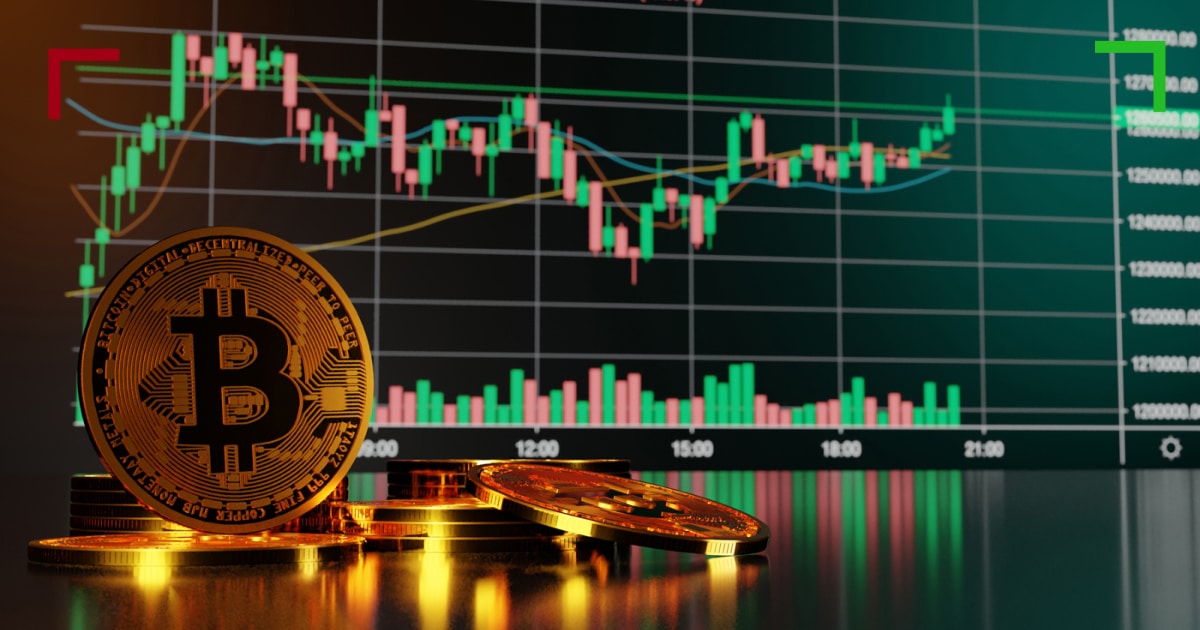Asia emerges as a promising haven for crypto – Crypto has been going through its winter season and we can see a lot of tokens dancing in the wind. Generally, the market is less promising compared to the buzz it generates during bull runs and peak seasons. However, despite this wave of uncertainty around the market The crypto conference held in Singapore made it look like nothing was wrong at the moment.
Asia emerges as a promising haven for crypto

The Token2049 made it hard for anyone who was just coming into the industry to tell that this was a “winter” phase. The conference which was held in Singapore in September attracted a mammoth crowd of 20,000 attendees, who flooded the island state with even more blockchain aficionados who dropped in and out of the city’s hundreds of side events rather than pay for the pricey main event ticket.
The government’s barrage of moves against crypto titans like FTX and Ripple as well as Binance and Coinbase continued to stifle the business over in the U.S., where a foreboding cloud was building. According to Kevin Goldstein, senior advisor to cryptocurrency investment firm HashKey Capital, the “anti-crypto position” taken by Washington regulators, as well as the Federal Reserve’s increase in the federal funds rate and its impact on other interest rates, have “quite negatively impacted VC investment in the crypto ecosystem.”
Also see: India Says No Licensing Requirement on Imports of Laptops and Computers
Crypto projects and investors have turned their attention away from the United States and towards Asia in search of a different growth path. There is no doubt that many U.S.-based cryptocurrency projects have intensified their expansion ambitions in APAC in the past year as a result of developments in the U.S., Goldstein continued. “Over the past several years, a significant number of U.S.-based crypto companies have created offices, hired local expertise, and moved workers to Asia.
The increased usage of cryptocurrencies in the region and favorable policy developments are credited with the enthusiasm for Asia. For example, the legalization of retail cryptocurrency trading in Hong Kong attracted a number of web3 startups to locate there in an effort to reach the sizable investor base in mainland China, where cryptocurrency is illegal. The Singapore government’s clarification of stablecoin regulations has also received positive feedback. This year, the CEO of Circle, the American company that produces the well-known stablecoin USDC, spoke at Token2049.
The greatest gathering of American crypto venture capitalists he had ever seen in an Asian event was at Token2049 this year, according to Paul Veradittakit, managing partner at the crypto venture capital firm Pantera.
Also see: Character.AI introduces group chats for people and multiple AIs to talk to each other
“Things have changed quite a bit since FTX where there’s been a little bit more scrutiny around regulations in the U.S., while there have been some positive developments [in Asia] around stablecoins, XRP, or ETF possibilities,” said Veradittakit, referring to Ripple’s acquisition of a license in Singapore to offer payment services based on its XRP tokens.
“While FTX hit everybody, I think people in Asia are able to more easily forget that and really see the possibilities of being able to start a company here, being able to get a banking license and actually do things in a way where they don’t fear going to jail. That’s very, very important for entrepreneurs,” he stressed.
For Coco Kee, the 19-hour travel from New York to Singapore was worthwhile since she learned that Asia is fast becoming as a desirable location for cryptocurrency initiatives looking for talent and users. At the event, the founder of Kee Global Advisors, a blockchain-focused investment firm, met a founder who was moving from California to Hong Kong where his business had obtained financial assistance from the government of the city to hire local employees and rent affordable office space.
“While [crypto] projects’ teams are increasingly distributed with members located globally, projects initiated outside of the U.S. tend to postpone adding U.S. operations, mostly to avoid potential regulatory liabilities,” Kee observed.
Several American cryptocurrency companies, including Coinbase, Galaxy, Gemini, Paxos, and CMT Digital, want to hire in Asia or have already begun doing so.
The secret for innovators and investors considering an Asia strategy is to seize the unique market prospects in the region’s culturally and demographically diverse locale. For instance, businesses in South Korea have had success integrating tokenomics into the fan economy. Japan has an abundance of TV and gaming IP that is ready for NFT adoption. Following the phenomenal success of Axie Infinity, Vietnam developed a reputation for creating blockchain games. The initiative to regulate institutional crypto finance has been spearheaded by Singapore and Hong Kong, two important financial centers.
It is essential to have local investors or partners to assist with go-to-market tactics, much like with any worldwide expansion attempts. Fortunately, Asian investors are very interested in the new asset class.
“The thing to look for is just that local expertise for how to reach the users,” said Jordi Alexander, chief investment officer at crypto investment firm Selini Capital. “American or Western projects don’t really know how to find access to those [Asian] communities because there are language barriers. There are different social media. For example, they have these huge Telegram groups, so it’s a very different way to reach people. [Western firms] don’t necessarily have those. Having local investors to give them expertise [is important].”




















